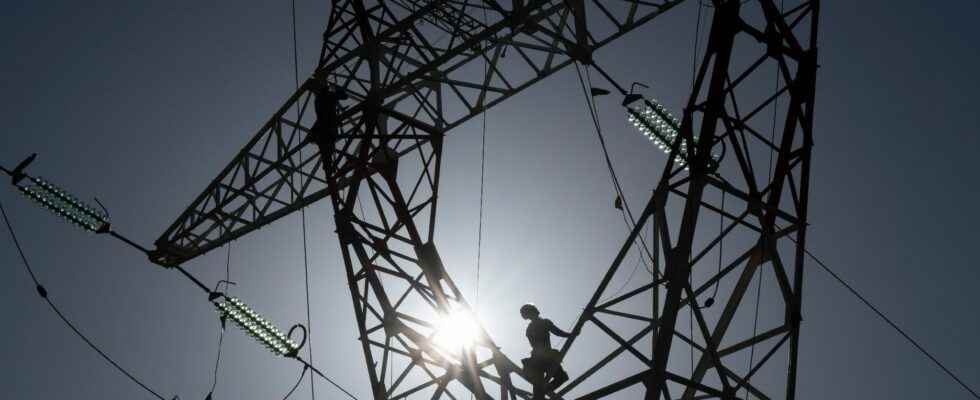It is possible that France will have to suffer power cuts this winter. As I write these lines, 16 reactors out of 56 are shut down. More serious: the shutdown reactors are particularly powerful. Also, it is 35% of our maximum theoretical capacity of electricity production that we lack at the start of winter. Obviously, our fleet is never 100% available. There are breakdowns, unforeseen events, maintenance operations. But we have never experienced such a high risk of tension on the network for years. An unmistakable sign: France has been a net importer of electricity since June. It is therefore not to appeal to a spike in demand linked to an episode of extreme cold that we import but for a fundamental reason: our proven difficulty in producing electrons.
Three years ago, we brought the word “lockdown” into our everyday vocabulary. Welcome to you “shedding”. Indeed, if the cold is harsh and if economic activity does not collapse, our network will not be able to supply electricity continuously this winter. To avoid any black-out (an unwanted interruption of the power supply), we will have to “shed” the network, that is to say temporarily stop supplying us with electricity. In France, these power cuts are announced in advance, last for 2-hour periods and do not apply to “sensitive” organizations such as hospitals. For individuals, the moment will be traumatic. The condition of the modern human should never be to be locked at home in the dark without the possibility of communicating with the outside.
For institutions, there will be deleterious effects. Three sectors are particularly sensitive. Digital first. If ever there were to be untimely power cuts, millions of data could be lost because they were not saved in time. In this sector, the predictability of load shedding is key. Trade then. Hypermarkets often have generators, but smaller stores do not. But cutting off the power for two hours in a shop is potentially closing it for half a day. Indeed, for security reasons (for example to be able to evacuate a point of sale in the event of a fire), you need light, loudspeakers… In short, electricity.
It is also necessary to ensure that the cold chain is maintained (which should not be a problem if the cuts do not exceed two hours). Finally, industry. A factory doesn’t stop and start again like the floor lamp in the living room. There are technical constraints, processes, security checklists to respect. It’s complicated, expensive and time-consuming.
No one is responsible
The macroeconomic cost of these load shedding will be limited. But what a shame for our country, which today should be the beacon of the world in terms of electricity production. Of course, there are strong contingencies in the current situation. The war in Ukraine is reducing the availability of gas around the world. The pandemic has disrupted the maintenance schedule for our reactors. The occurrence of stress corrosion problems was the stroke of bad luck that accentuated the decline in fleet availability. Let’s be rigorous: this drop was triggered before the closure of Fessenheim. But the closure of the Alsatian reactors took place in a general context of energy sloppiness.
The worst thing about this story is that no one is responsible. Cécile Duflot affirms, for example, without laughing that the current problems come from the fact that we have bet too much on nuclear power, which has prevented us from developing renewables. Always the same error: considering that nuclear is opposed to renewables when the two technologies are complementary. Let’s at least hope that today’s crisis serves as an intellectual detonator to wake up the electrical industry. It’s possible. At the start of 2021, France was the worst country in terms of anti-Covid vaccination. Six months later, she rose to the rank of the best. Perhaps, in a few years, we will be able to make a similar observation in the field of electricity production.
